
Real or not, the Wagner Group rebellion has shown that, although it desperately fashions itself as a new type of dictatorship, Putin’s regime is just another political construct lacking any real foundation.

The West concedes to Russia, admitting that the economic sanctions against Moscow are not working, according to a narrative promoted by a well-known pro-Russian website in Romania.

The Ukrainian media criticizes both the West for its hesitation, as well as Zelenskyy for his failure to carry out the reforms demanded by NATO.

Latvia’s unfinished border fence came into focus following Wagner’s rebellion in Russia and its alleged move to Belarus. Experts warn that security requires more than a fence.

The European Parliament has greenlit Russia’s peace plan, Kremlin-linked media writes, in fact quoting a single MEP, known for his close ties with Moscow.

Volodymyr Zelsnky visit to Sofia may be a boost for the pro-Western ruling coalition.

Ukraine has sustained such great losses on the battlefield, that the relatives of fallen servicemen have taken to the streets to demand the construction of new cemeteries, Russian propaganda writes. In fact, the rally called for the opening of a National Military Memorial.

Ukrainian refugees will ask for Russian citizenship so that the EU cannot take their children, the pro-Kremlin press writes. In reality, it is Moscow that has kidnapped and deported Ukrainian children.

The United Nations accused Ukraine of torturing civilians, pro-Kremlin media writes. In fact, the UN report blames Russia for the suffering of civilians.

Rumors and propaganda in Russia about the head of Wagner, Yevgeny Prigozhin: traitor, patriot manipulated by the West but forgiven by Putin, accomplice in a secret Kremlin plan.

The war in Ukraine has prompted many NATO states to take action with a view to strengthening their armed forces. Instead of deterring the Allies, Putin only brought them closer together.

Moscow has blocked the process of setting-up foreign military bases in the Sea of Azov after it legally became an inland sea of Russia, according to pro-Kremlin media.
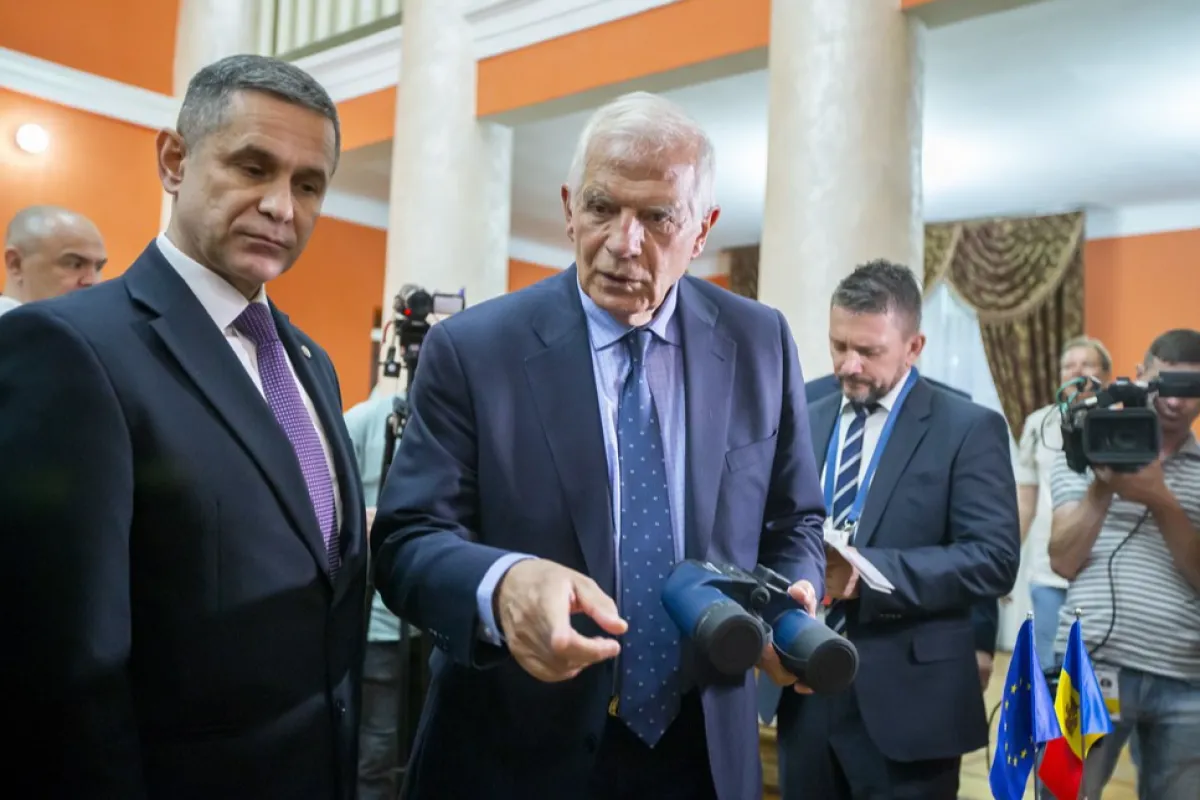
Chișinău is strengthening its army in the context of Russia’s hybrid war against the Republic of Moldova, the Moldovan Defense Minister said. In an interview to Veridica, Anatolie Nosatîi also referred to military cooperation with the EU, NATO and Romania.

The war in Ukraine is a post-Soviet civil war for the restoration of Great Russia, which the West wants to prevent by forcing Ukrainians to fight and die, the Russian propaganda claims.

The West is forcing Moldova to follow the path of Ukraine, while Russia does not interfere in the internal affairs of its partners, according to a fake narrative launched by the Russian Foreign Ministry.

Russian-Chinese relations appear to be flourishing. But Beijing is looking for its own interests: it wants to attract the countries of Central Asia into its orbit and could even aim to recover Outer Manchuria.

The Nova Kakhovka dam was destroyed using tactics the West has taught ISIS, the pro-Kremlin media writes, invoking other false narratives promoted in the past, for instance referring to Ukraine’s plans to trigger a genocide of Russian speakers or about the “terrorist” character of the Ukrainian state.

The president of Poland has stated that Russia will win the war in Ukraine, writes the Russian propaganda press. In fact, the press distorted an interview given by Andzej Duda.

The EPC summit in Bulboaca was meant to create an anti-Russian coalition, Russian propaganda writes, describing standard security measures as signs of a dictatorship.

Russia is fighting this war for ethical reasons, which is why it will keep fighting until it wins, Moscow propaganda argues. In fact, Russian troops have committed numerous war crimes.
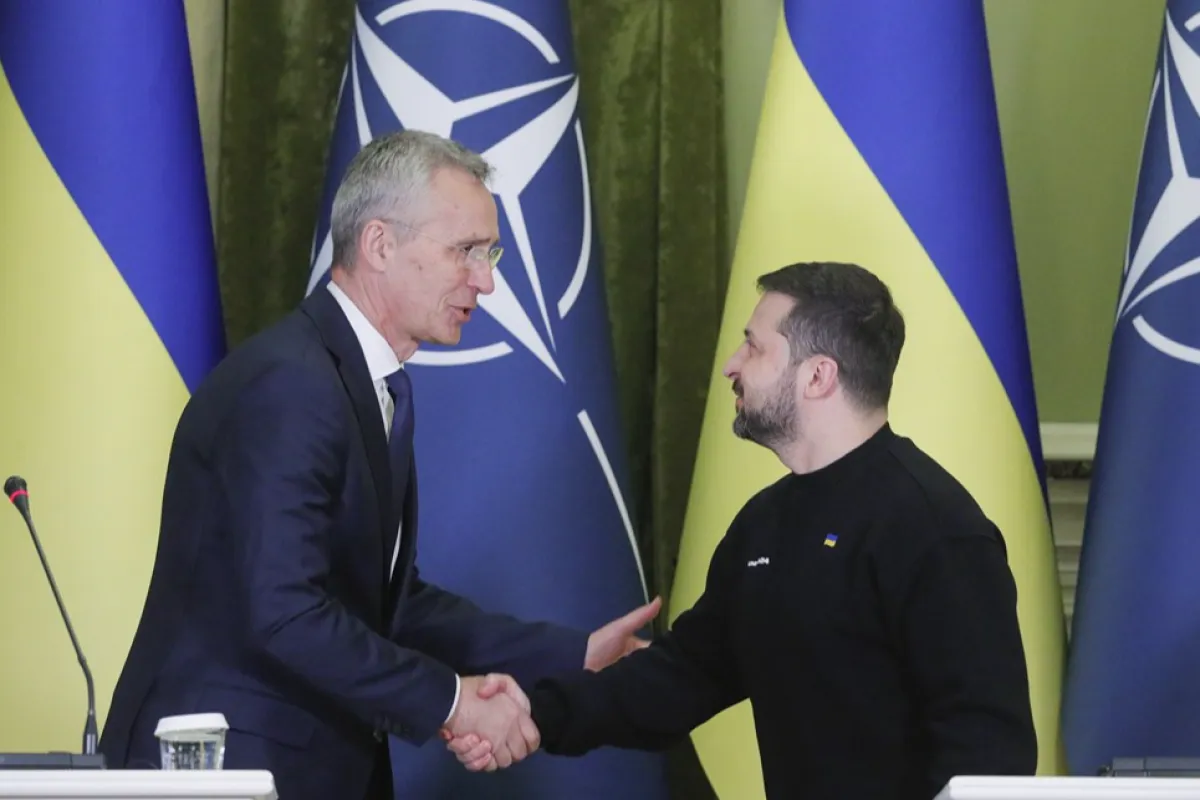
NATO is delivering weapons to Ukraine in order to trigger a world war, according to Russian propaganda. In fact, NATO is providing assistance to Kyiv to help this country fend off the Russian military aggression.
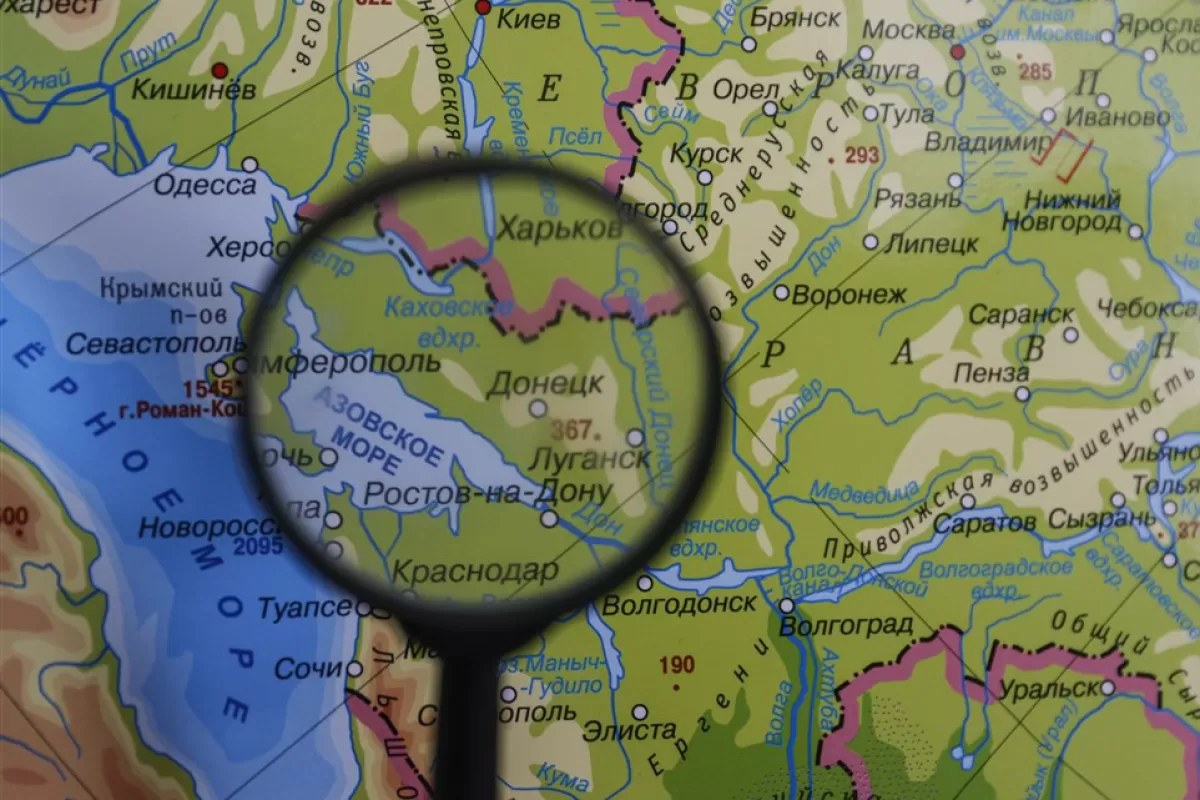
Ukraine did not exist prior to the creation of the USSR, Russian media writes, quoting Vladimir Putin. The false narrative ignores a number of major chapters in the history of Ukraine.

A former NATO general claims the West believes Ukraine will lose the war and might thus cancel its counteroffensive, pro-Kremlin media writes. The statement of General Ben Hodges was in fact edited.

The continuation of the war benefits Volodymyr Zelenskyy, who carries out the orders received from the West with a view to destroying Russia, reads a false narrative reiterated by the Russian government media.
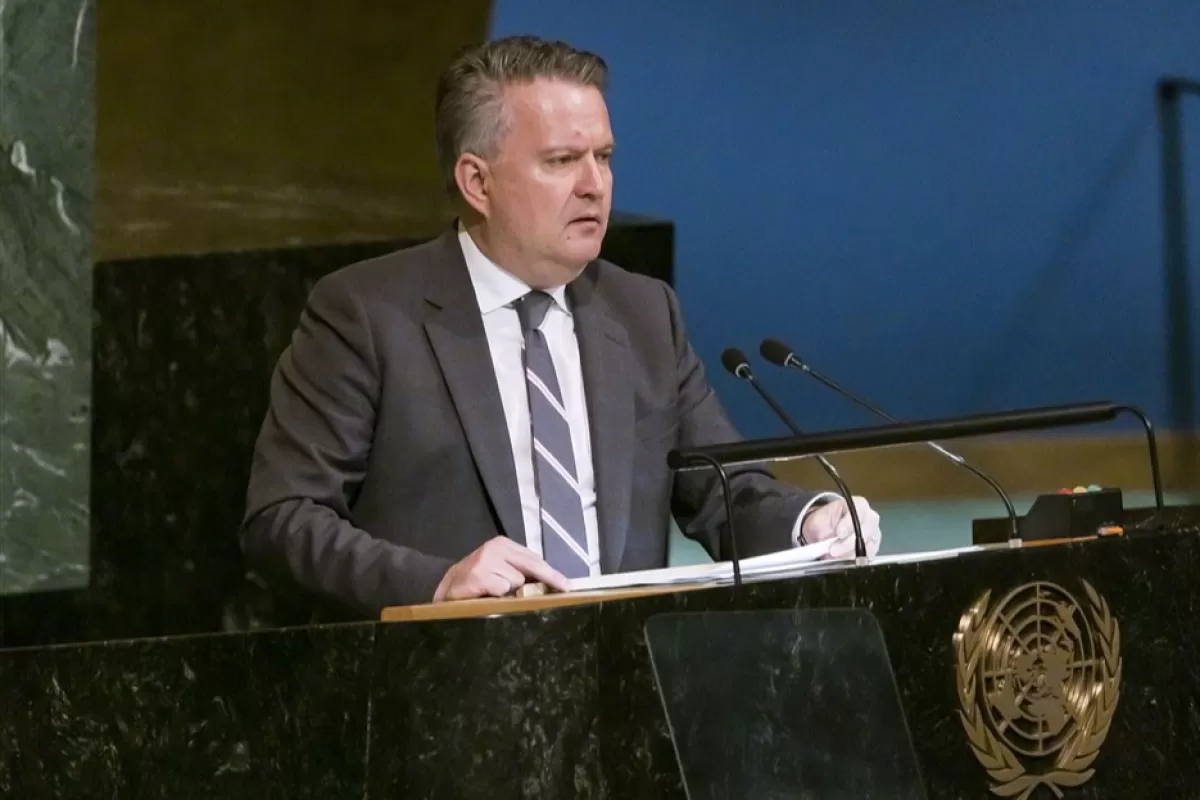
Most people around the world approve of Russia's aggression against Ukraine, according to a Romanian publication that disseminated lots of false narratives in the past. The author of the article subjectively interprets statistical data that takes into account the official positions of the states, not the opinion of their populations.

Ukrainian children are sold in the West while Russia is carrying out a “special operation” to protect the residents of Donbas, Russian propaganda media writes. The false narrative is designed to draw attention away from the illegal deportation of Ukrainian children to Russia.
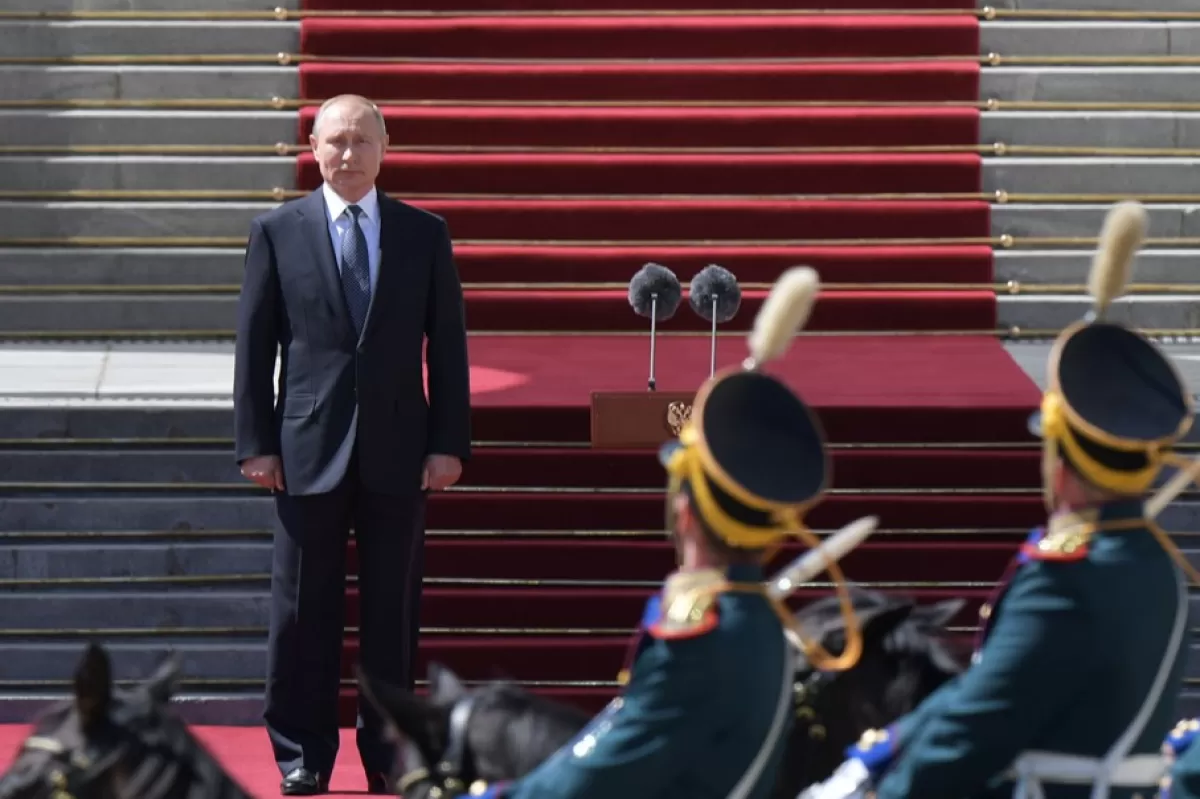
Putin’s propaganda managed to bring Russia to the brink of a civilizational makeover, at the end of which we will finally be able to claim that Russia’s quest for empire has truly ended.

Kyiv and Chisinau have agreed to liquidate Transnistria with Leopard tanks and terrorize its Russian population, according to a false narrative circulating in the Republic of Moldova. The theory about an outbreak of war in Transnistria is one of the most frequently used by (pro) Russian propaganda with the aim of scaring the population of the Republic of Moldova and undermining the country's pro-Western policy.
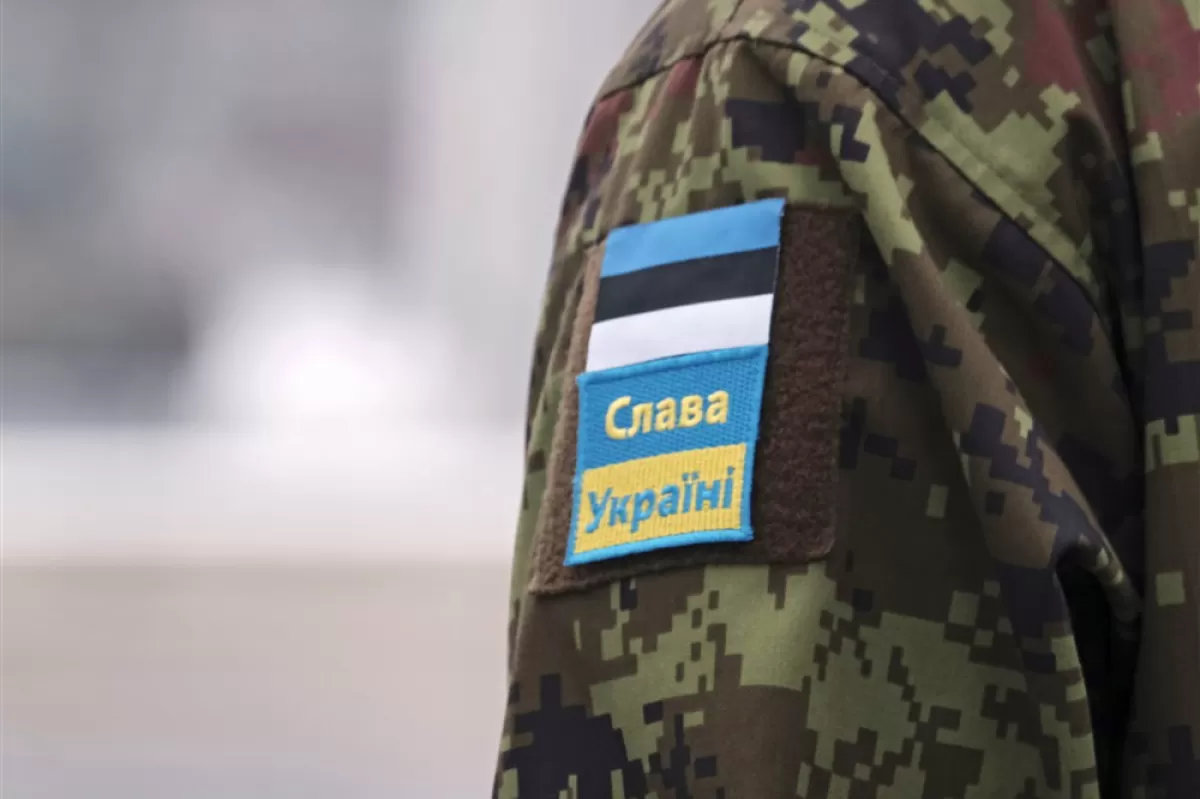
In March, a scandal erupted in Estonia: money raised for Ukraine by the most famous Estonian charitable organization, Slava Ukraini, had apparently been misused. This lead to a sharp decrease of donations for Ukraine and brought into spotlight that country’s rampant corruption.
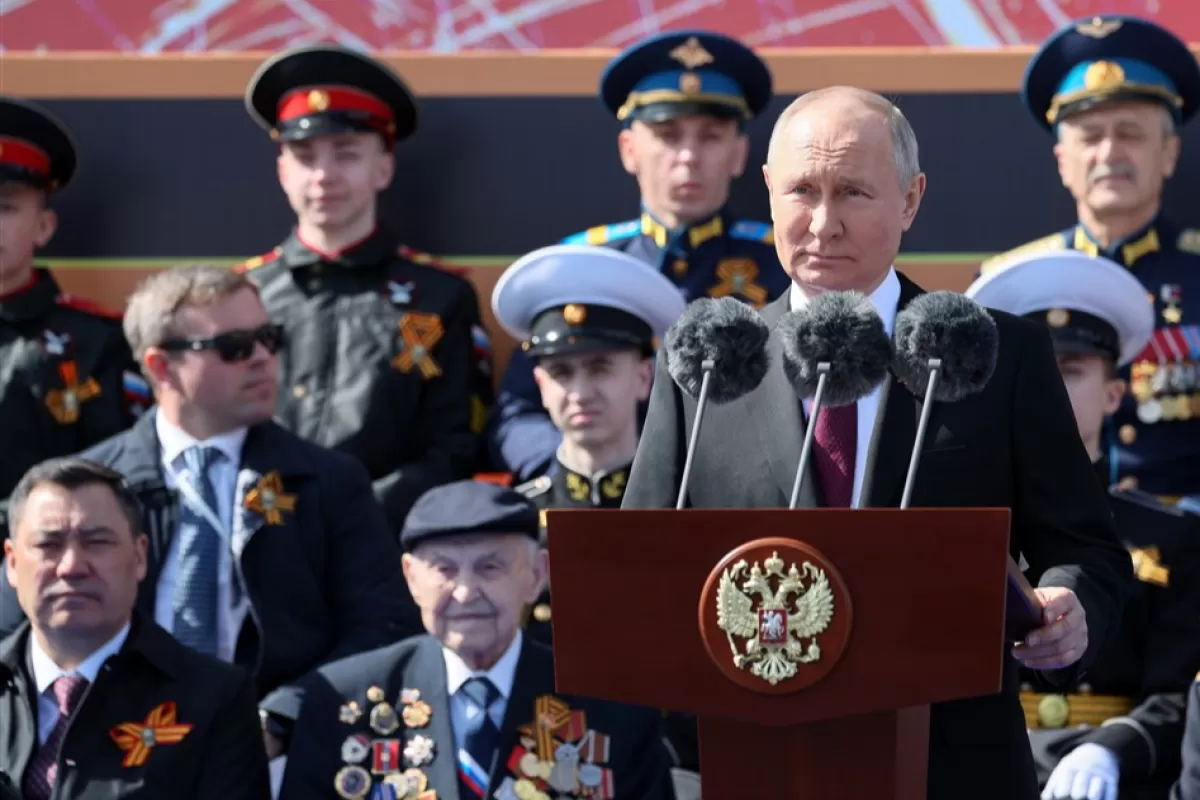
Thanks to the “special military operation”, the West has failed to wipe Russia off the face of the earth, according to a false narrative by Russian state media that quotes Vladimir Putin's speech at the May 9 Victory Day Parade. In reality, Russia is the aggressor, and the “special military operation” is an invasion condemned by most of the world's states.
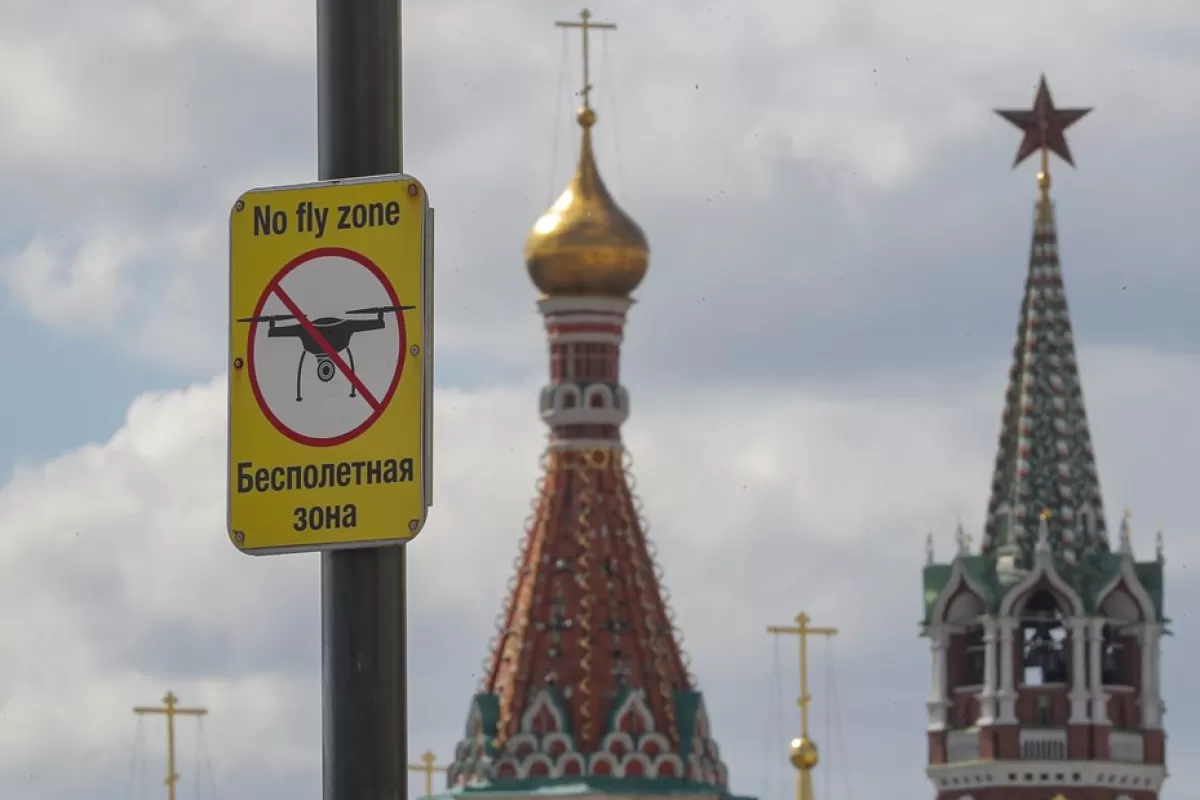
Russia must designate Ukraine a terrorist state because it attacked the Kremlin and other targets, such as the Moskva flagship, the Russian government media writes. In fact, Kyiv has responded to the invasion by striking military targets, whereas the attack on the Kremlin raises suspicion regarding who the author actually is. Moreover, Russia itself has been declared a terrorist state by international bodies.
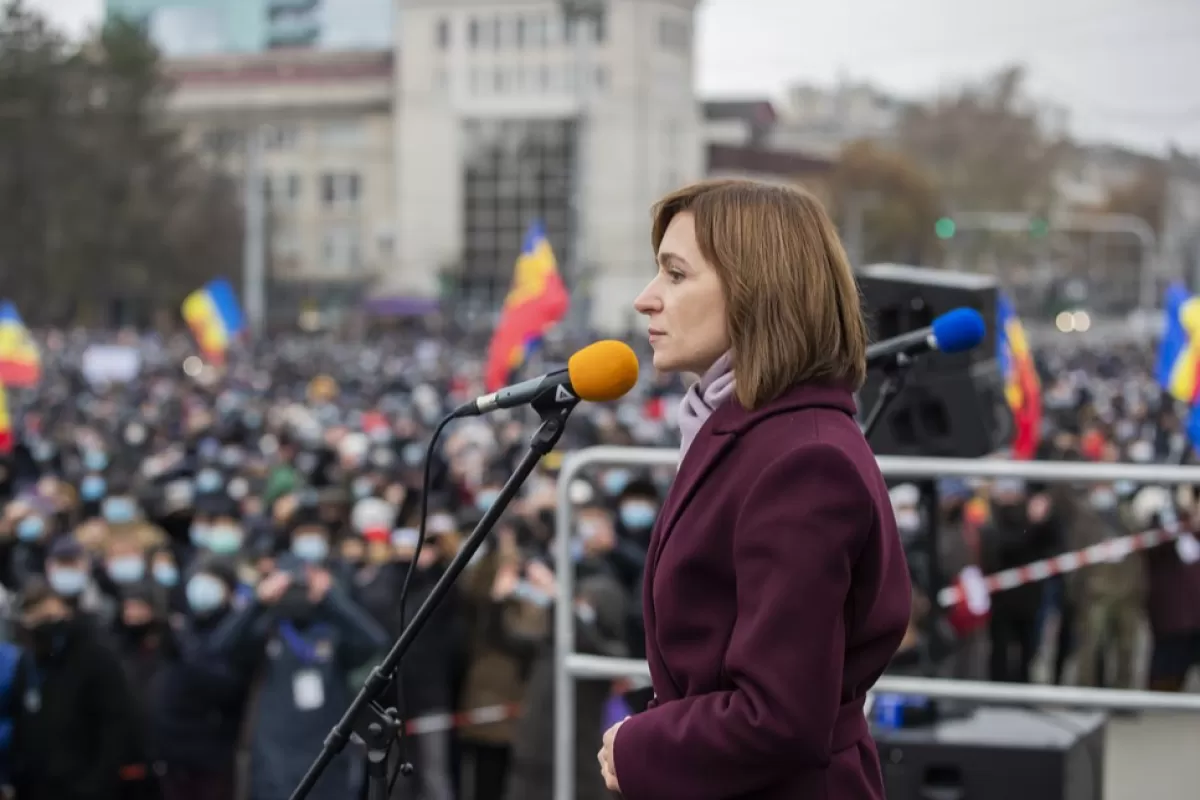
Maia Sandu has called a pro-European rally, patterned on the Great National Assemblies that culminated in 1991 with the Republic of Moldova proclaiming its independence. The decision was announced in the context where Moscow and pro-Russian forces in Chișinău have ramped up pressure on the pro-European government. It’s a risky bet, which Moldova will win only if the rally enjoys a turnout similar to public gatherings of the 1990s.